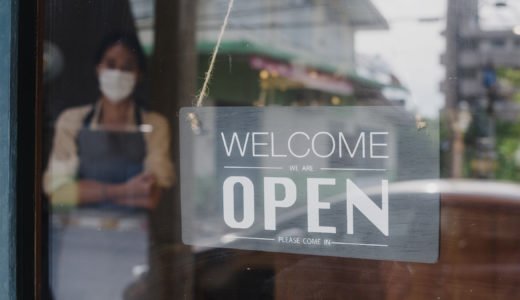FREE CONSULTATIONS:
415.925.5161

Landmark federal court ruling protects LGBT employees from workplace discrimination
In what gay rights advocates are calling a historic victory, a federal appeals court ruled that an existing civil rights law protects lesbian, gay, bisexual and transgender workers from discrimination in the workplace.
The Civil Rights Act of 1964 prohibits employers from discriminating against workers on the basis of color, race, national origin, religion or sex. However, the federal law does not explicitly include sexual orientation. In its ruling, the U.S. Court of Appeals for the 7th Circuit concluded that “discrimination on the basis of sexual orientation is a form of sex discrimination.” In other words, it is illegal for an employer to discriminate against LGBT employees based on their sexual orientation.
The Chicago court voted 8-3 in favor of adjunct professor Kimberly Hively. Hively filed a lawsuit claiming Ivy Tech Community College of Indiana denied her several full-time posts because she was a lesbian. In its decision, the 7th Circuit reversed an earlier ruling by its own three-judge panel that said the federal law does not apply to sexual orientation.
While the decision marks the first time a federal appeals court has issued such a ruling, it only applies to 7th Circuit states — Illinois, Indiana and Wisconsin. The Supreme Court could either reverse the ruling or affirm it, thereby expanding its application nationwide.
Despite decades of debate, Congress has repeatedly rejected a federal anti-discrimination law for LGBT individuals. But 22 states, including California, have laws prohibiting workplace discrimination based on sexual orientation. Without such protections, LGBT employees can be fired from their jobs simply because an employer disapproves of their sexual orientation.
Although the 7th Circuit’s decision is significant, it does not address whether the federal law also prohibits workplace discrimination on the basis of gender identity, as well as issues such as which restrooms transgender individuals may use.
[footer block_id=’778′]
Read more
Misclassified Delivery Drivers Get $650,000 in Back Wages from Romero’s Food Products
A food manufacturer in Santa Fe Springs, California, is on the hook for $650,000 after the U.S. Department of Labor’s (DOL) efforts to recover back wages for a group of misclassified delivery…
Marin County Home Consignment Center Worker Wins $1.3 Million in COVID-19 Whistleblower Lawsuit
People often think of whistleblowing in relation to exposing a major scandal or government wrongdoing. However, being a whistleblower does not always have to be so dramatic in the context of workplace…
Sacramento Restaurant Uses Fake Priest to Get Workers to Confess Wrongdoing
Even though workplace retaliation is unlawful, employers sometimes try to take advantage of workers who do not know or understand their rights. Examples of retaliation include threatening to report employees to immigration…
Silicon Valley Firm Faces $20 Million Lawsuit Over Anti-Asian Discrimination
An Asian former employee of a Silicon Valley tech firm is seeking $20 million in damages after being fired due to the company’s alleged “culture of prejudice against Asians.” He filed a…
SEEN ON









